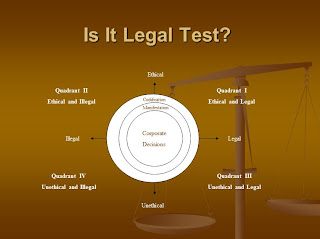Today was a special lecture conducted by librarians Ms.
Ramani and Ms. Wathsala about library services. The objective of this lecture
was to encourage students to use library more that includes various types of resources.
Following are some information resources available in the library,
- Books
- Journals
- Newspapers
- Market research reports
- Statistics
- Patents
- Internet
- Conference papers
- Research reports and theses
There are many more
services like Athens which gives wide range of information from outside
resources. Apiit library allows students to access this information easily.
Furthermore it also connects other libarary information portals which allow
wider access to information for Apiit students. After that session was
concluded
Reflection of today's lecture
This was an
excellent and useful session for me personally because I was stuck middle of my
E-commerce project research due to lack of information. After today’s lecture I
logged into Athens account and searched various portals such as Nexis and
Emerald to find information regarding my research company, Monster.com. As
result I was able to find various important articles which are very useful. So
I thought today session gave us something new about apiit library service and
it was indeed very useful.










.jpg)







